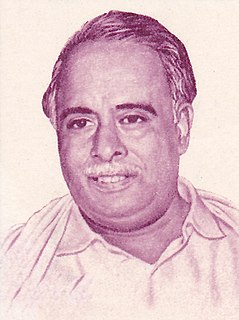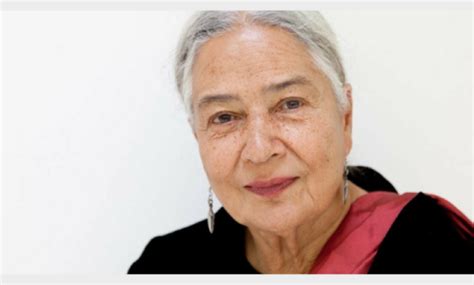A Quote by Luca Cordero di Montezemolo
India is a very, very old country with a history, culture and tradition like Italy. And we can use the English language to be in touch. Then India's industrial situation is similar to us. Both have big companies but are dominated by small and medium-sized companies. It is extremely important for both to do joint ventures.
Related Quotes
On the Internet, companies are scale businesses, characterized by high fixed costs and relatively low variable costs. You can be two sizes: You can be big, or you can be small. It's very hard to be medium. A lot of medium-sized companies had the financing rug pulled out from under them before they could get big.
Since every school in India teaches English, why can't it be our link language? Why do Tamils have to study English for communication with the world and Hindi for communications within India? Do we need a big door for the big dog and a small door for the small dog? I say, let the small dog use the big door too!
India does not need to become anything else. India must become only India. This is a country that once upon a time was called 'the golden bird'. We have fallen from where we were before. But now we have the chance to rise again. If you see the details of the last five or ten centuries, you will see that India and China have grown at similar paces. Their contributions to global GDP have risen in parallel, and fallen in parallel. Today's era once again belongs to Asia. India and China are both growing rapidly, together. That is why India needs to remain India.
When we first started our internet company, 'China Pages', in 1995, and we were just making home pages for a lot of Chinese companies. We went to the big owners, the big companies, and they didn't want to do it. We go to state-owned companies, and they didn't want to do it. Only the small and medium companies really want to do it.
Language both reflects and shapes society. Culture shapes language and then language shapes culture. Little wonder that the words we use to talk to each other, and about each other, are the most important words in our language: they tell us who I am, they tell us who you are, they tell us who 'they' are.



































